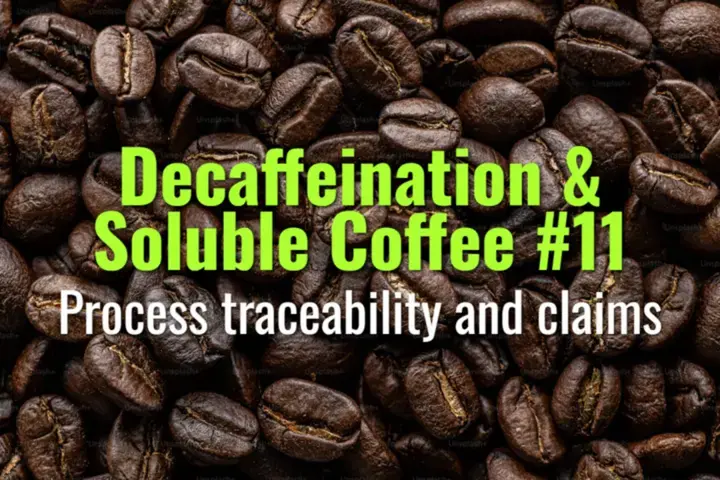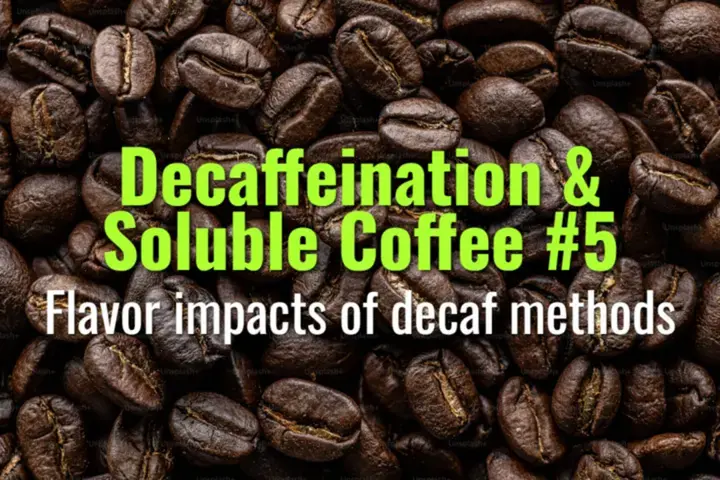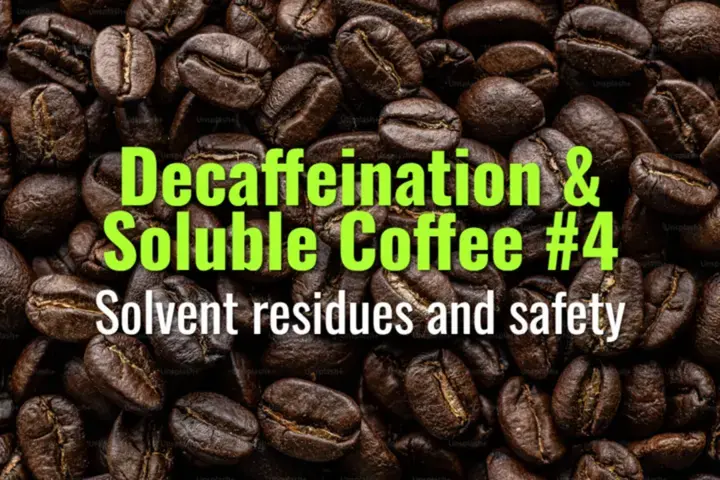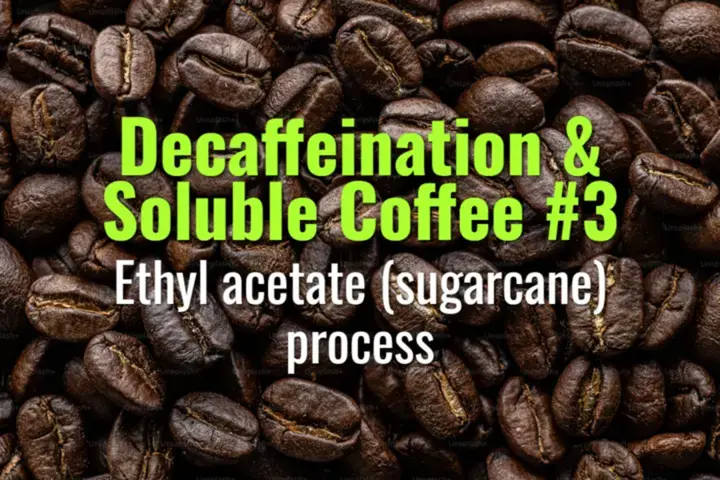
Process traceability and claims
Why transparency in decaffeination processes matters, how traceability is ensured, and what claims roasters should communicate responsibly.

Why transparency in decaffeination processes matters, how traceability is ensured, and what claims roasters should communicate responsibly.

How different decaffeination methods affect coffee flavor, body, and aroma, and what this means for specialty coffee drinkers.

How solvent-based decaffeination works, what residues may remain, and why regulatory bodies consider these processes safe for consumers.

How the ethyl acetate (EA) process—often called the sugarcane method—decaffeinates coffee using a naturally derived solvent while maintaining desirable flavor qualities.

How decaffeinated coffee compares to regular coffee in terms of health effects, flavor, and suitability for different individuals.